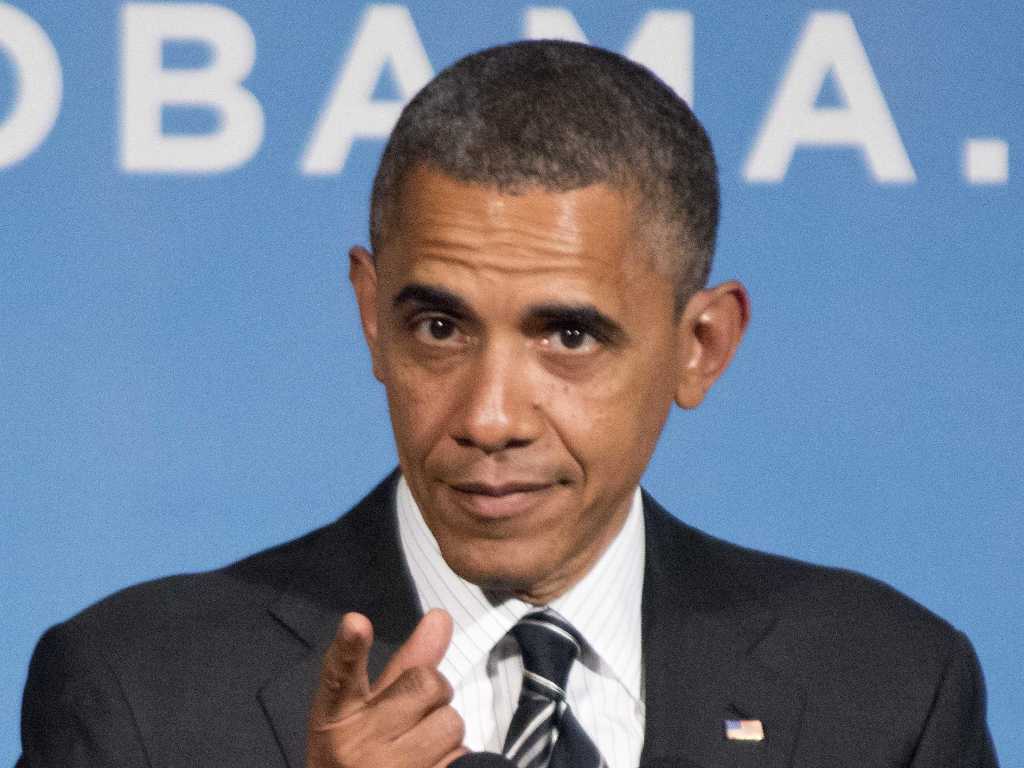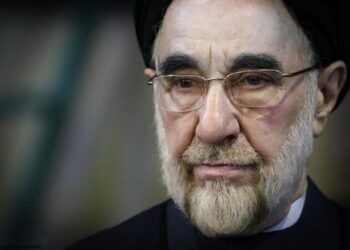December 26-2014

Iranian officials have been welcoming President Obama’s decision to establish diplomatic relations with Cuba and saying joyfully that it proves sanctions don’t work.
Foreign Ministry spokeswoman Marziyeh Afkham has carried out the heavy lifting in the interpretation of Obama’s action.
She said it was Cuban “resistance” that forced Obama to change a half-century of US policy. “Their persistence on their principles and ideals of their revolution has proven that the imposition of the policy of isolation and sanctions by the dominant powers will ultimately fall ineffective and inefficient before the will of independent nations.”
She said Washington had to change the policy because the United States could no longer afford to live in isolation from Latin America—a comment at odds with the usual charge by the Islamic Republic that the United States dominates Latin America as a colonial power.
Many others urged Obama to apply the lesson of Cuba to Iran and reverse his policies on Iran. For example, Trita Parsi and Ryan Costello of the Nation al Iranian American Council (NIAC) wrote, “The Adminis-tration’s shift on Cuba is a reflection that isolation and sanctions has had the opposite of their intended effect.”
Others, however, saw no similarity between Cuba and Iran.

Some noted that Obama offered a new relationship to Iran as far back as 2007 when he was a candidate and formalized his offer weeks after becoming president in 2009, but has been rebuffed ever since.
Obama made his approach to Cuba in the spring of 2013 and Cuba agreed to talks that began in June 2013, the month Hassan Rohani was elected president. Cuba responded to the US bid, while the Islamic Republic rejected the offer; that is one big difference, they note. There is no US embassy in Tehran because the Islamic Republic won’t allow one.
On the US embargo of Cuba, there is widespread agreement that it hasn’t ever worked. But the embargo of Cuba is a unilateral US action unsupported by any other major power. The sanctions against Iran were originally unilateral American action and had little impact. But in the past decade, sanctions have been added by the UN and the EU as well as several other countries; they now have a bite that the sanctions on Cuba never had.
Many critics of the US embargo on Cuba have argued that it has simply allowed the Cuban regime to blame the Americans for the economic failures of the Cuban government. Jose Miguel Vivanco wrote in Time magazine this week that the embargo enabled “the Castro government to garner sympathy abroad.” He wrote that the embargo “has allowed the Cuban government to exploit US policy to portray itself as a victim” even though the embargo accomplished nothing for Washington.















